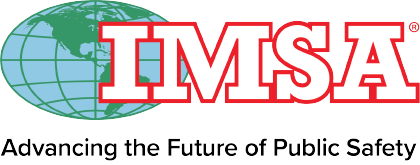OTTAWA, November 4, 2025 – A new emerging practice briefing from the Transportation Association of Canada (TAC), Accommodating People with Disabilities at Island Platform Bus Stops, examines the challenges Island Platform Bus Stops can pose for pedestrians—especially those with sight loss and other disabilities—and explores opportunities to reduce conflicts between pedestrians with disabilities and cyclists at those locations.
Adopted in many jurisdictions across Canada, island platform bus stops can enhance cyclist comfort by separating bike lanes from road traffic. While this design aims to enhance cyclist safety, it has created new challenges for pedestrians who need to cross the bikeway between the sidewalk and the bus stop. Recent legal rulings and research reports have highlighted the difficulties that island platform bus stops pose for people with sight loss and other disabilities.
This emerging practice briefing does not provide technical guidance but acknowledges this developing approach to island platform bus stops, summarizes how it has been applied in Canadian contexts, and supports its further testing and evaluation by qualified practitioners.
The briefing includes:
- Profiles of accessible island platform bus stop designs
- Key features of effectively designed island platform bus stops
- Challenges and context-specific issues, with suggested alternatives
- Case studies from three Canadian cities
- Links to other related resources
Download the free publication →
This emerging practice briefing was developed by a group of members from TAC’s Active Transportation Integrated Committee, including representatives from municipalities, consulting firms and advocacy organizations, reflecting a range of perspectives and expertise.
The free briefing is also available in French: Accommodement pour les personnes handicapées aux plateformes d’arrêt d’autobus en îlot.
TAC is a national, not-for-profit technical association focusing on roads, highways and urban transportation. Its 500 corporate members—including all levels of Canadian governments, businesses, academic institutions, and others—work together to address transportation challenges by sharing innovative ideas and experiences, creating knowledge, and pooling resources. The Knowledge Centre of TAC’s website is a repository of the Association’s publications and other technical resources, training courses, technical projects and library services.
